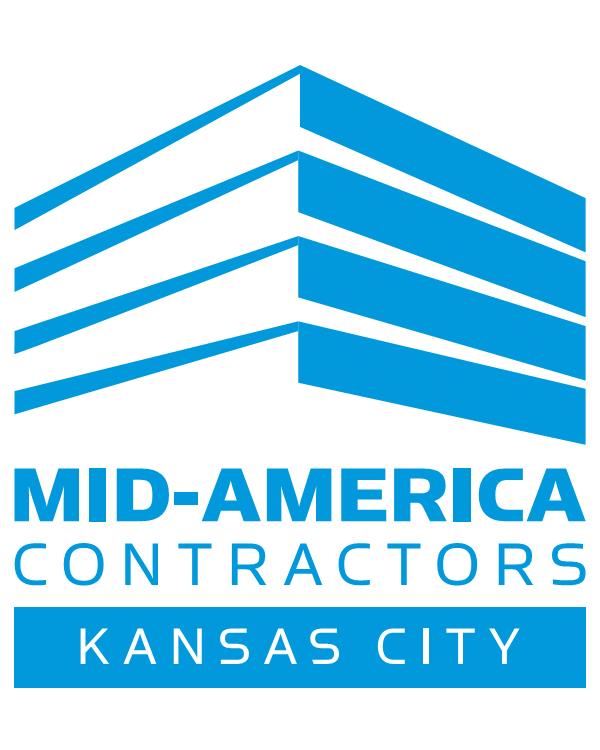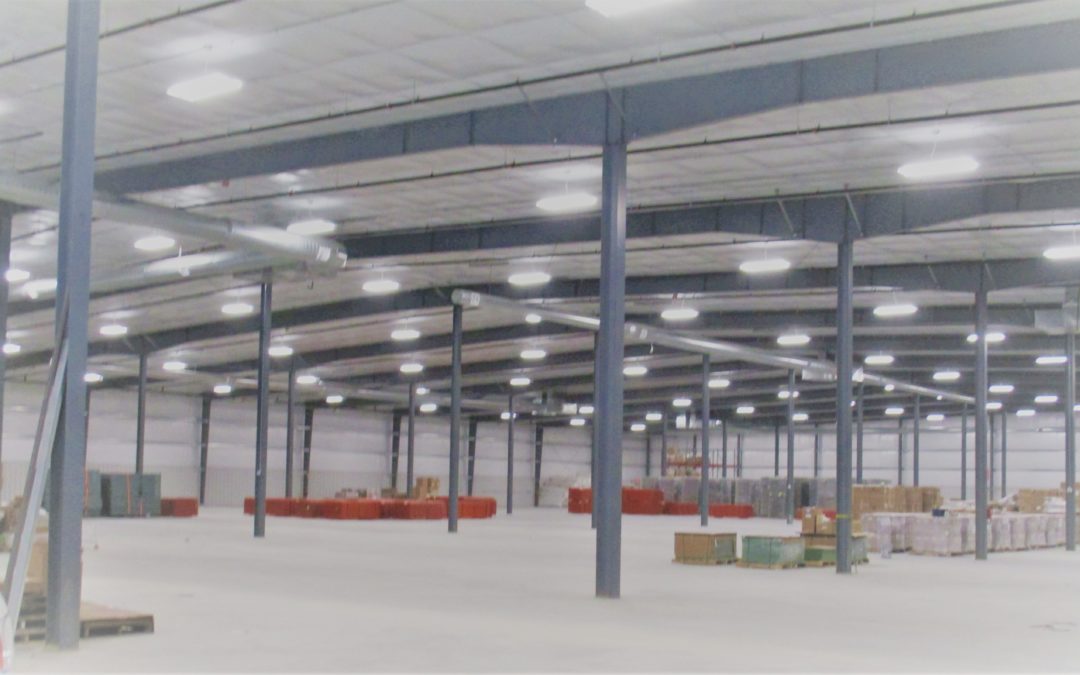The Covid-19 pandemic brought a boom to online sales. The United States is projected to need another 1 billion square feet of warehouse space by 2025 as e-commerce booms. The Kansas City metro has also seen an increase in demand for industrial space.
Holed up at home, and with many bricks-and-mortar stores temporarily closed, shoppers quickly turned to their computers and smartphones to buy everything from fresh groceries to new home furnishings to pet toys. Prior to the Covid-19 crisis, about 35% of its industrial leasing activity was related to e-commerce. But now, it said, as much as 50% of that leasing activity has already been tied to the online retail industry in 2020. Industrial space is the current “darling” of the commercial real estate industry.
After the pandemic subsides, the trend of people buying more and more online is expected to stick around. Many retailers are planning for more warehouse and distribution space and have chosen Kansas City due to its location and workforce. Distribution projects are up 25% and manufacturing projects are up 21% in the Kansas City area since 2019, according to the Kansas City Area Development Council (KCADC). KC SmartPort, a nonprofit economic development organization focused on recruiting freight-based companies to the area, said it has helped bring more than $1.1 billion in capital investment and more than 8.8 million square feet of industrial space to the region in the past three years.
Urban Outfitters, a large contemporary clothing retailer, recently announced their plans to build an 880,000 square foot omnichannel distribution center near the Kansas Speedway in Wyandotte County. It is expected to be fully operational in 2022 and employ over 2,000 workers. In addition to Urban Outfitters, several other prominent employers have chosen Kansas City for their next facility including Dot’s Pretzels, Tuthill Corporation, and Chewy, Inc.

